![]()
Not to be confused with a certain North American canine, Koyote is one of the most enduring groups in K-pop and known for their signature upbeat, pop dance tracks. Although the group has gone through multiple member changes and its share of hardships, they have proved to have staying power and have continued to bring their fun, energetic brand of music to the masses even to this day.
Dance Dance Revolution
Koyote's debut in December of 1998 was during the height of popularity for many of the original idol groups, but even with the crowded field, Koyote's music was able to cut through the clutter. Anchored by the distinct vocals of lead singer Shinji and backed by the smooth vocals of Cha Seung Min and the rapping of Kim Goo, Koyote's dance tracks carved their own place in the K-pop landscape and would become a force in their own right.
Their first single "Innocent" from their eponymously titled first album was released in January of 1999 and featured Shinji's powerful vocals mixed with a unique dance sound that would become synonymous with Koyote. The song was very popular with fans and is still instantly recognizable to fans of K-pop. The second single from the album "Meeting" was another dance track but mixing in a softer, pop sound that was different from their first single. Though they were in some respects overshadowed by the more established groups, fans still took notice of Koyote and their debut was a success. The popularity of the album was also recognized by the K-pop industry as the group was named the Best New Artist by the Seoul and SBS Music Awards.
Koyote released their sophomore album 'Koyotae 2nd' in November of 1999 and featured the title single "Heart Broken". The single followed the same blueprint as their last album and was a fast paced dance track but featuring soft melodies and the interplay of vocals between the three members. Their next single off of the album "Foolish" was again similar to their previous works but songs "Endless Love" and "Old Love" showcased a different side of the group as they were just as adept at delivering the emotions of a ballad as they were the energy of the dance tracks they came to be known for.
Big Changes
2000 would also be the last time that the original trio would perform together as vocalist Cha Seung Min would leave the group to continue his education and be replaced by Kim Jong Min who had previously been a dancer for K-pop diva Uhm Jung Hwa. Kim Jong Min would of course go on to become one of the most recognized entertainers in Korea through the group and his involvement with various variety shows.
The group's third album 'Something in the Hospital' was released in 2001, and relied on the tried and true formula of the classic dance track with singles "Passion" and "Disturbance". New member Kim Jong Min impressed with his ability to slide effortlessly into place without the group missing a beat. However, with the change in members, the songs became more and more focused on Shinji's vocal prowess with the other members playing more of a supporting role but still very much involved with each track. "Disturbance" rocketed to the top of the music charts for two weeks and Koyote was again honored by the music industry as they were recognized for several awards including the SBS Music Awards Best Pop Dance Group, and were also named grand prize finalists by the KMTV, Golden Disk, and KBS Music Awards.
Scandal
In 2002 Koyote went through another change but this time, for very different reasons. While the group was recording their fourth album, rapper Kim Goo was arrested and jailed for the use of ecstasy and was banned from performing in Korea. As a result, Kim had to withdraw from the group and rapper Kim Young Wan was brought in to finish the album.
More Change
The fourth album 'Must Stand' was released in March of 2002 with Kim Young Wan helping to promote the title track "Sad Dream" only. Following his exit, Shinji and Kim Jong Min promoted the album as a duo until a new member was found. Despite not having a full complement of members, the album was still well-received with "Sad Dream" becoming a number 1 hit. In addition to "Sad Dream", the songs "Pity" and the R&B ballad "Y" were also popular among fans with "Y" being a stark departure from the group's style of music. Even with the struggles, Koyote was again awarded that year as the KMTV Music Artist of the Year and was also finalists for the Seoul Music, Golden Disk, SBS, and KBS Music Awards Grand Prize.
Koyote returned in 2003 with their fifth album 'Sadness'. Following Kim Young Wan's departure from the group, rapper Jung Myung Hoon was added to round out the trio. The title single of the album was vintage Koyote and the fans agreed as it reached first place on the music charts. Tracks "Appeal" and "Despair" also became favorites among the fans and helped the group earn even more accolades as they were awarded as the M.net Music Video Festival Best Mixed Group Award, KMTV Korean Music Artist of the Year Award, the KBS Music Awards Producer's Popularity Award , and finalists for the SBS and KBS Music Awards Grand Prize.
The Three Amigos
Unfortunately, more change affected the group as rapper Jung Myung Hoon had to leave the group because of this enlistment in the military. To replace him, rapper Baekga (Baek Sung Hyun) was brought in and it became the final member change.
The sixth album for the group, 'Koyote 6', was released in March of 2004 and featured the revamped lineup. The album produced two hit songs, "Disco King" and "Flame". While still a dance track, "Disco King" took a step back from the techno sounds that had come to define Koyote and relied more on disco with some funk thrown in. The song became another number 1 hit and marked a successful return for the group. "Flame" returned to the more traditional Koyote sound and also a chart topper.
'Rainbow' was the title of their seventh offering and was released at the end of 2004 and was a winter themed album with tracks "Bingo" and "Walking Slowly". That year Koyote was again praised as one of the top groups in K-pop with their second M.net KMTV Music Video Festival Best Mixed Group Award and were finalists for the Grand Prize of the major music awards.
Koyote's next studio album 'Feeling Up' was released in the summer of 2005 and featured popular songs like "1, 2, 3, 4", "Rain is Tears from Heaven", "Though it Hurts", "White Fairy Tale", and "Warning". The album tended to include different styles of music like R&B and more ballads which were not always in Koyote's repertoire but still featured plenty of the music that fans had grown to love. 2005 was also a big year for the group as they were awarded with the Artist of the Year Award from the KBS Music Awards; a major achievement for the trio.
Duty Calls
On the heels of their awards, Koyote went right back to work on their ninth studio album 'London Koyote'. As the group matured, so did their involvement with their own work as Shinji wrote the lyrics for the single from the album "I Love Rock & Roll" and Baekga who took creative control over the CD jacket, design, and all the photos. The album also marked the last full studio album that all three members would participate in as Kim Jong Min entered the military in 2007 and would again change the dynamic of the group. Following Kim Jong Min's enlistment, Shinji and Baekga would go on to record an additional full studio album, 'Jumping' and a digital single "Oh Yes" before devastating news hit the group.
Heartbreak
Baekga enlisted in the military in October of 2009 and during his training, he received a routine MRI following a minor accident. The result of the MRI revealed that Baekga had developed a brain tumor and he was diagnosed in December 2009, only a few weeks before the discharge of fellow group member, Kim Jong Min. The news shocked not only the members of the group but also members of the K-pop community as well. Friends like Tablo and Rain showed support for their friend and attempted to keep his spirits up as he began his arduous recovery process. Baekga underwent surgery in January 2010 and after a successful operation, doctors confirmed that all signs pointed to a full recovery.
Good Good Time
Five years had passed since the members of Koyote had performed as a group. There was a major health scare that brought the group closer but also prevented them from performing and each member had been busy with their individual activities. But finally, in August 2011 the band got back together as Koyote released their second EP 'Good Good Han Koyote'. The album was a culminating event for a group that had seen its shares of struggles and sorrows but reinforced their place as one of the premier K-pop groups for being able to weather the storm.
Koyote's name is a combination of Chinese characters meaning the 'great light on high'; in essence symbolizing the sun. Thirteen years ago when Koyote debuted, they entered a stage crowded by idol groups. Today, that stage is once again crowded with idols but the team that was once young have now become the elder statesmen. They show no signs of fading as they released another EP earlier this year featuring the single "Repeat The Same Words". Very few groups have seen the turnover or have had to deal with the obstacles that Koyote has had to deal with but they've persevered, broke through the clouds, and are shining as bright as ever.

 SHARE
SHARE
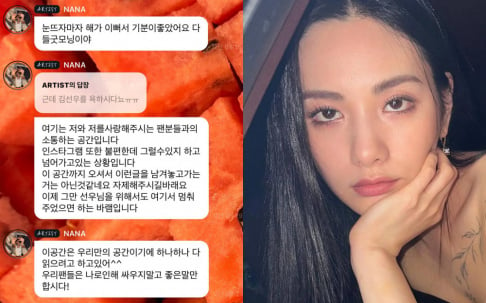
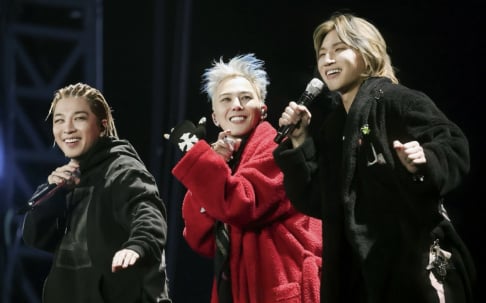
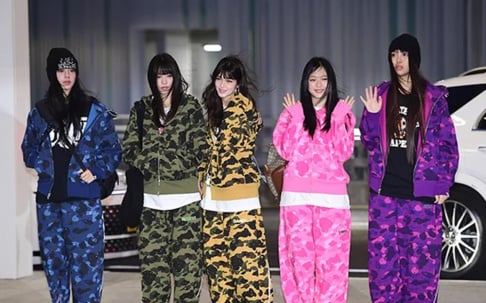



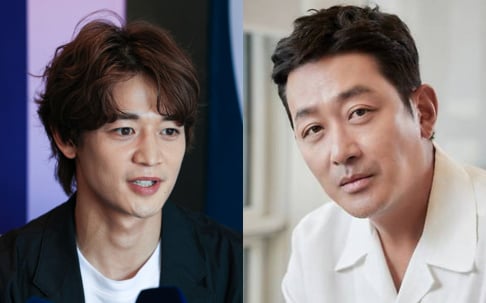
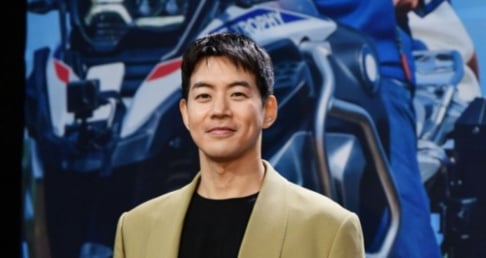

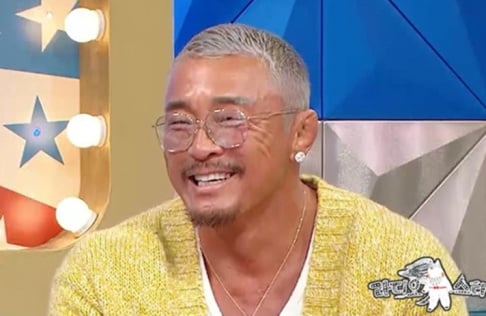
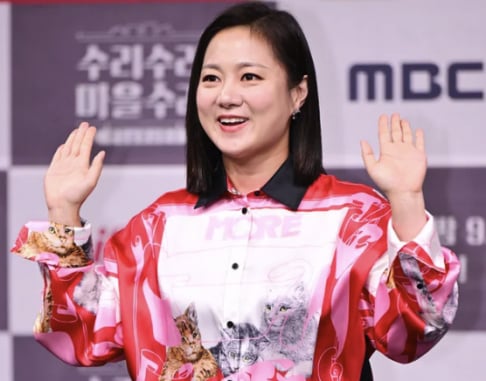

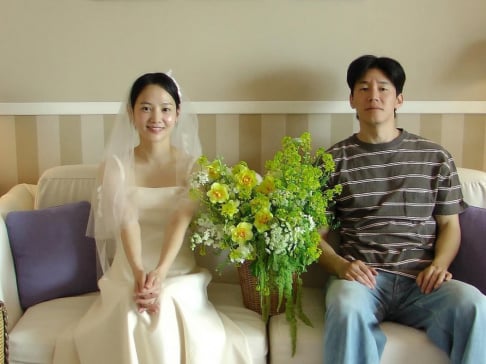
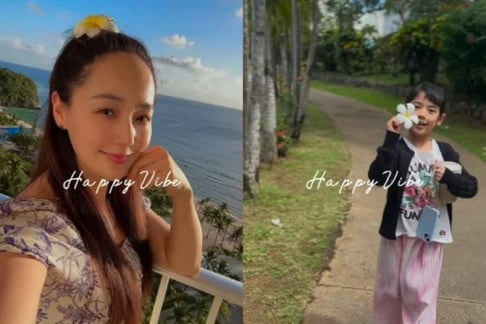


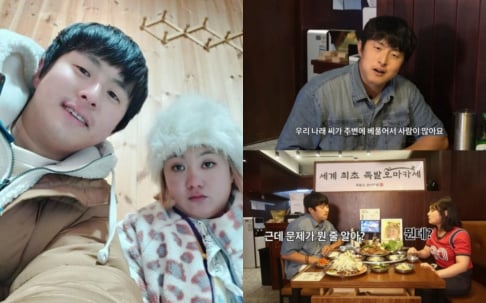



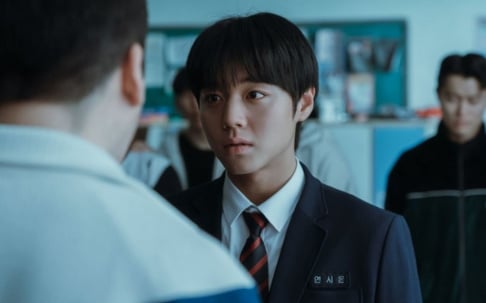

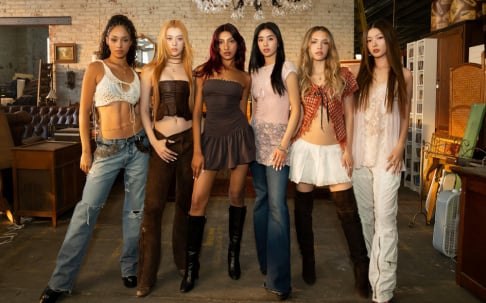


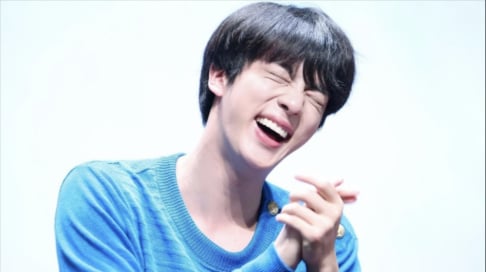
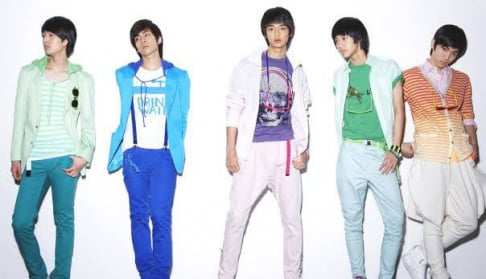

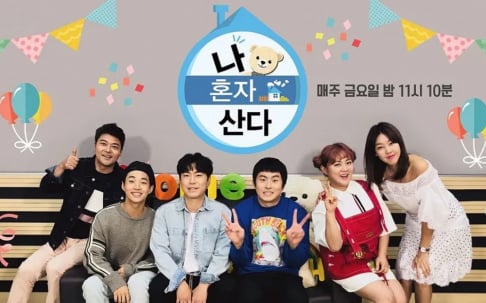

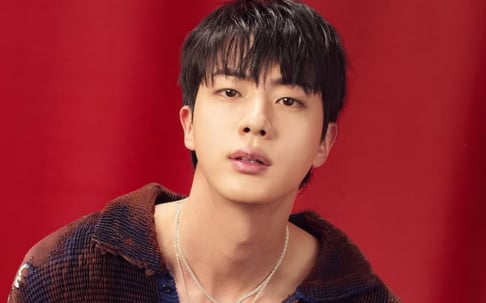
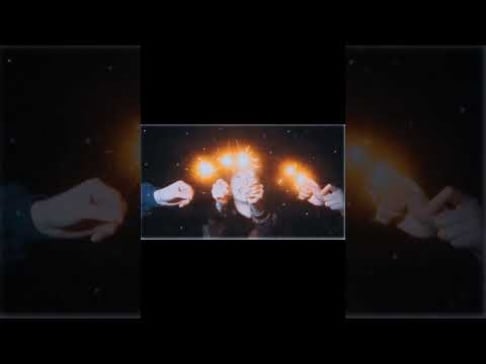
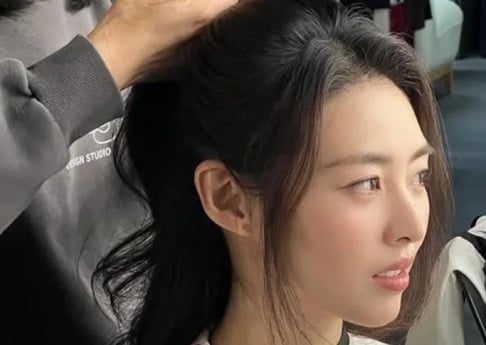
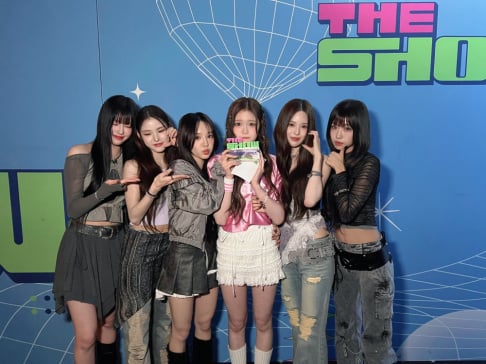
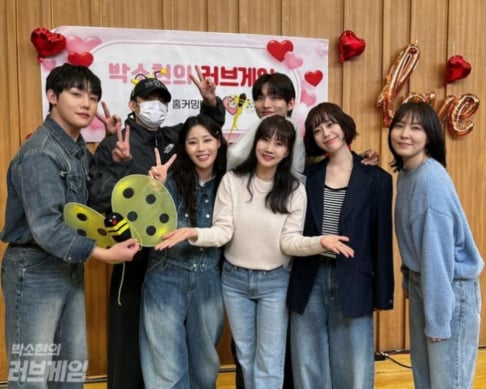
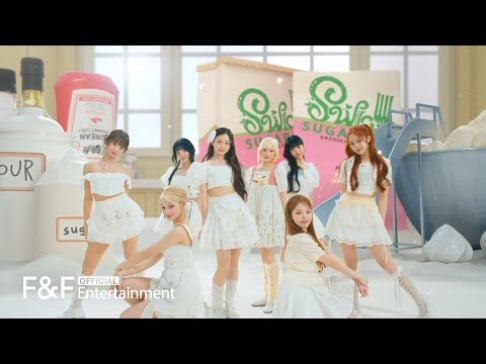

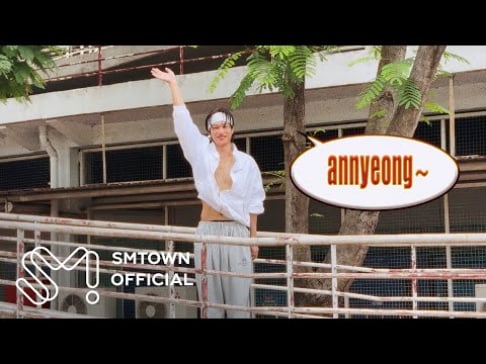






Log in to comment